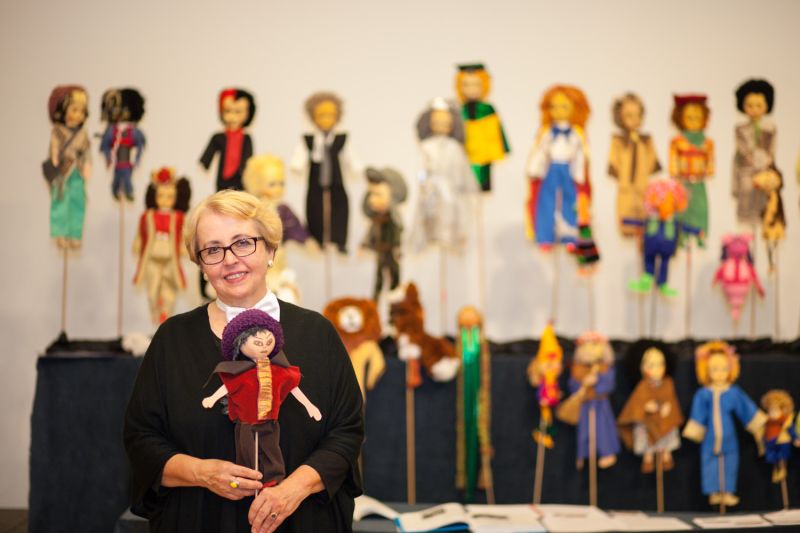Maria Końska-Chmielecki. Puppets, passion and Polish traditions
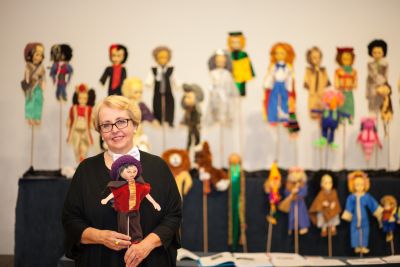
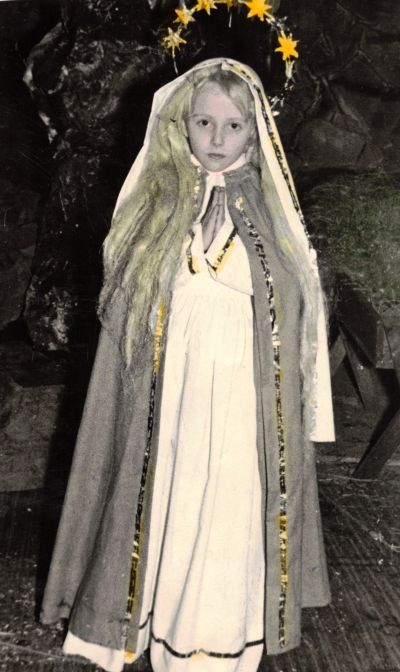
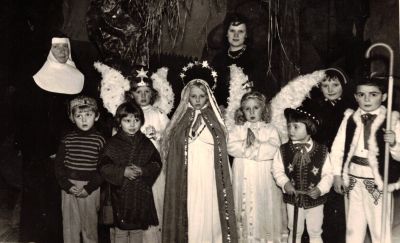
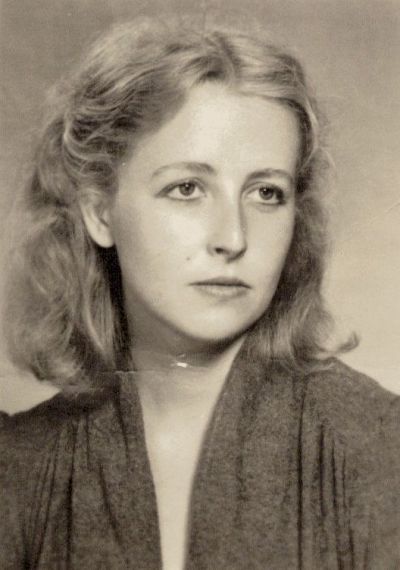
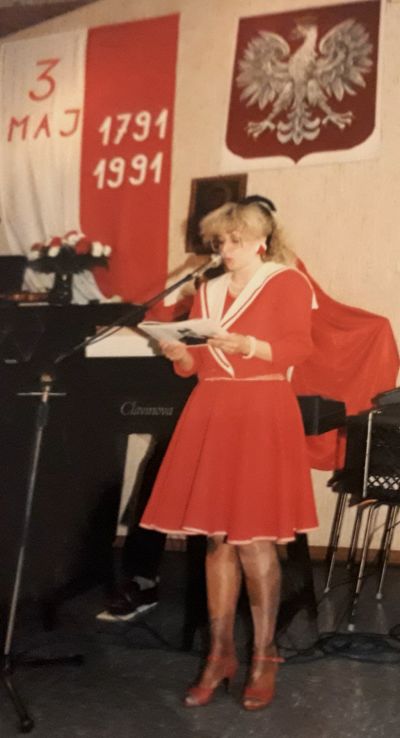
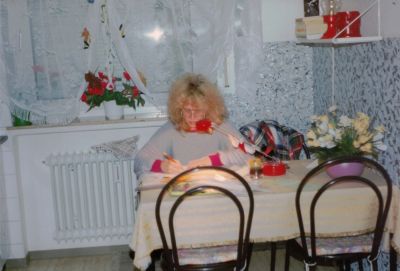
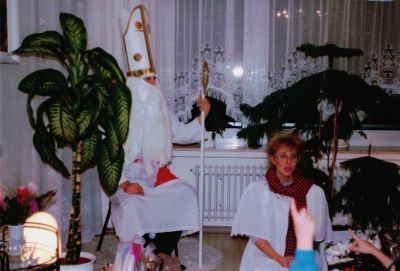
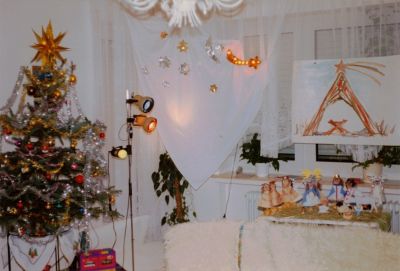
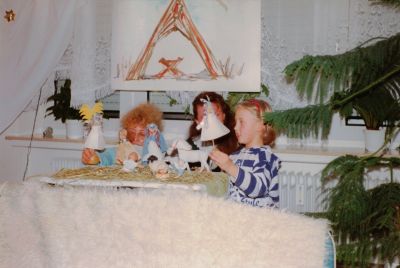
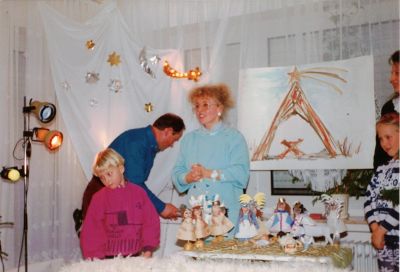
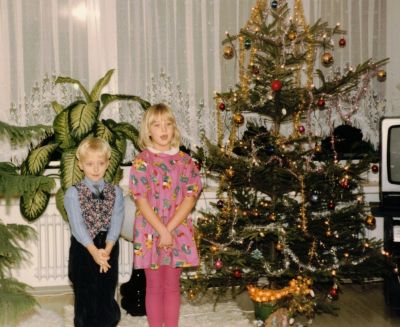
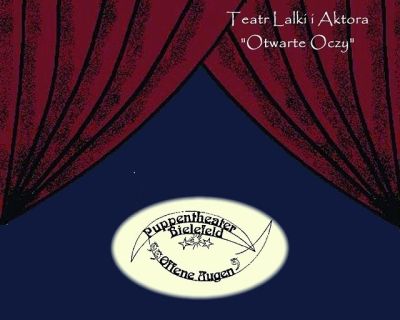
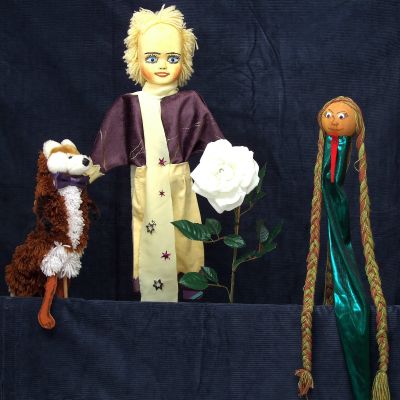
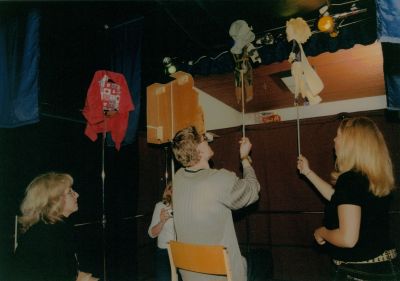
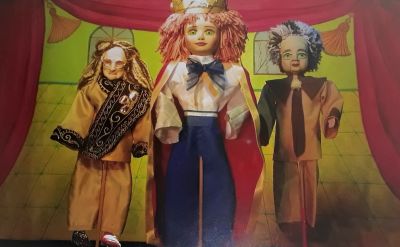
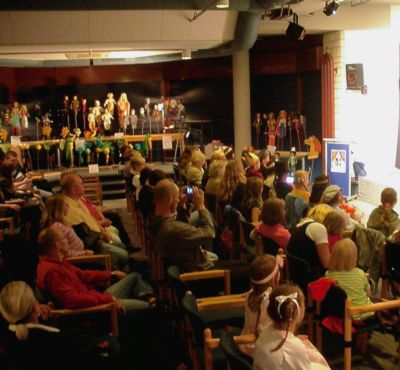
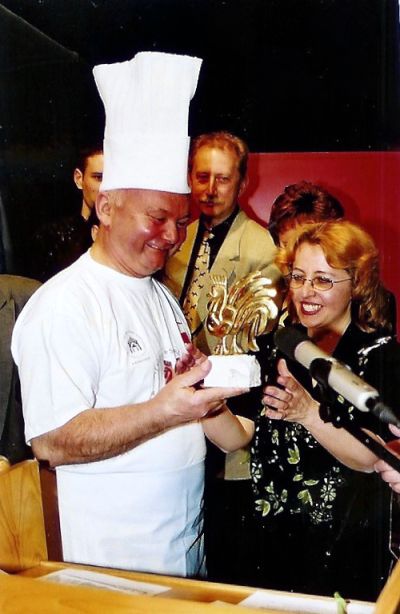
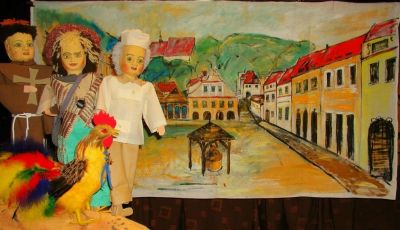
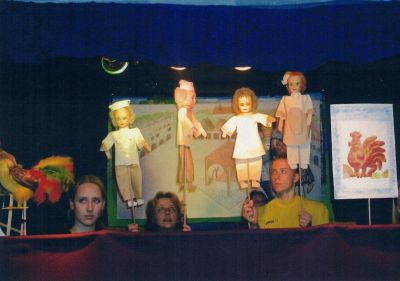
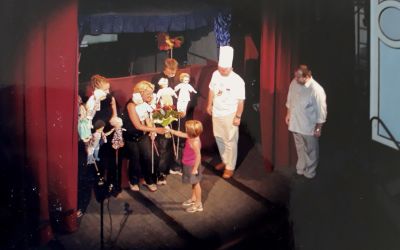
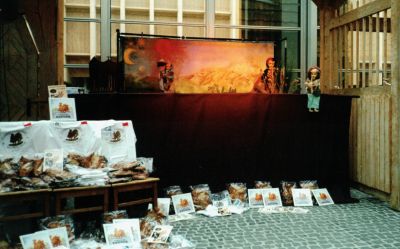
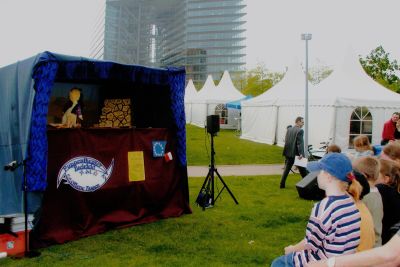
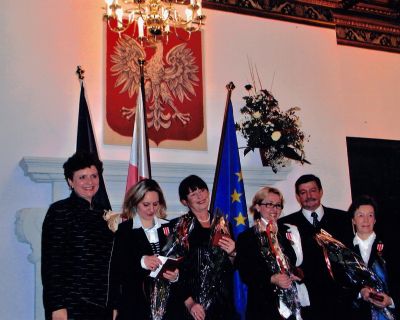
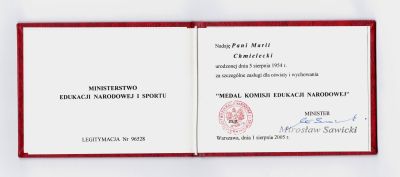
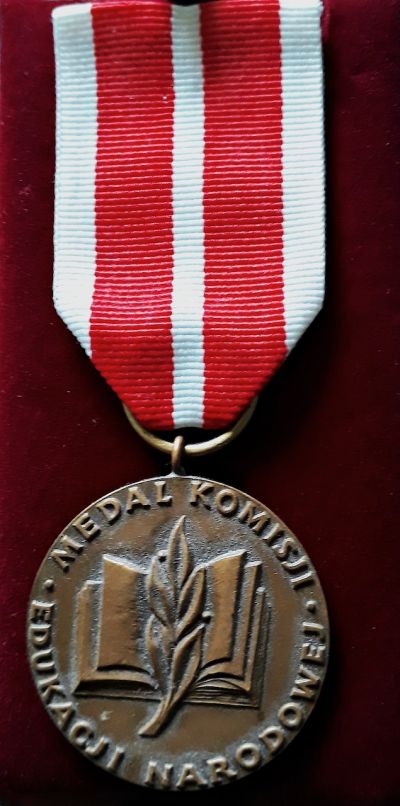
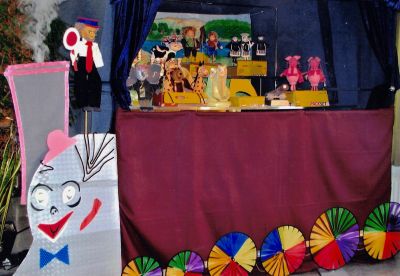
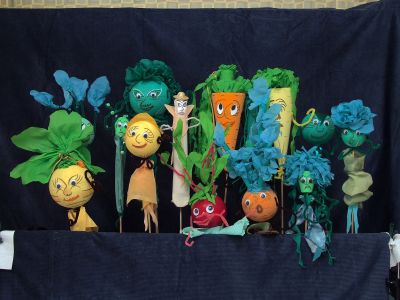
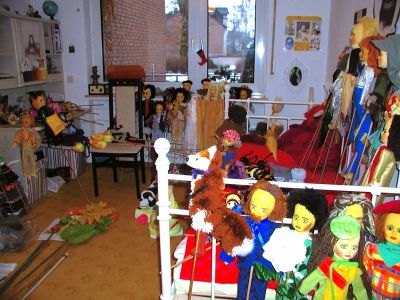
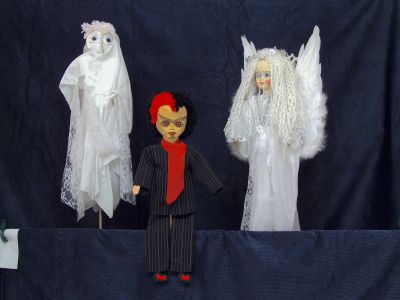
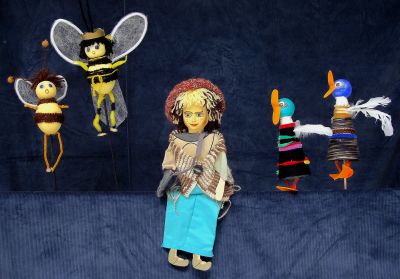
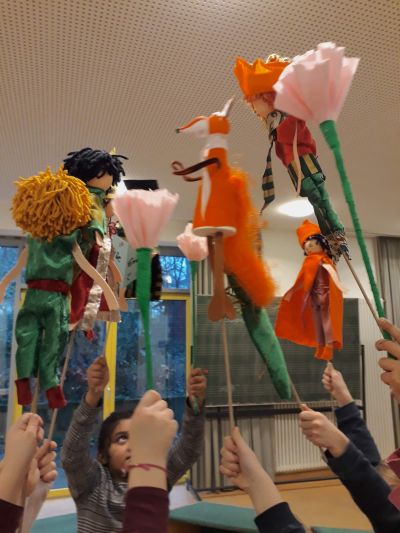
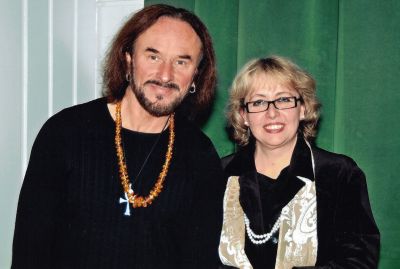
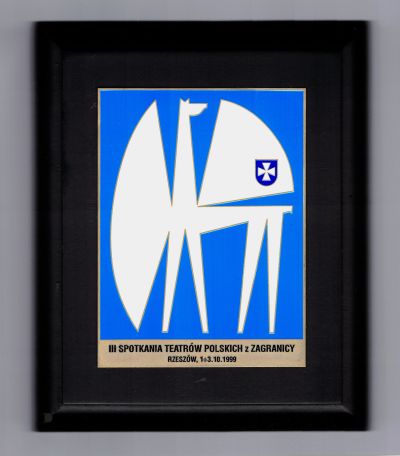
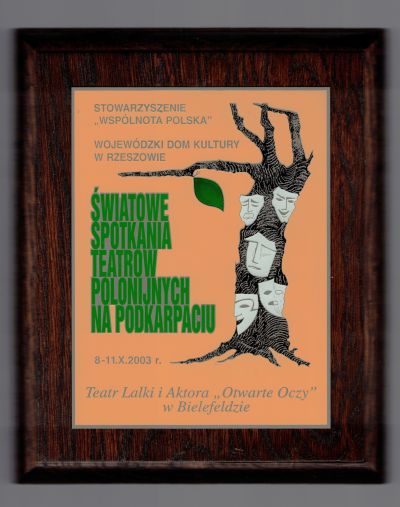
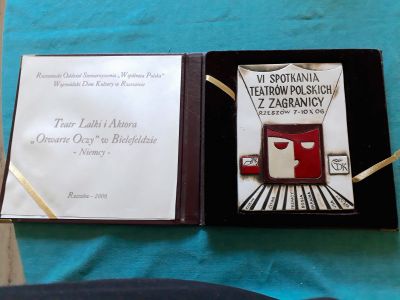
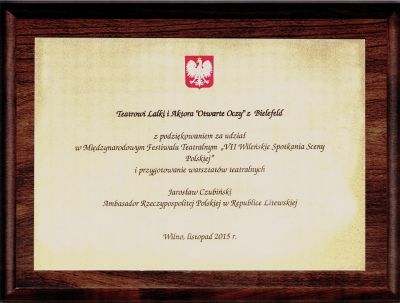
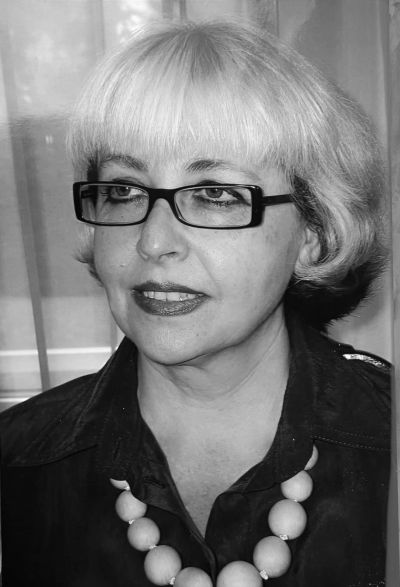
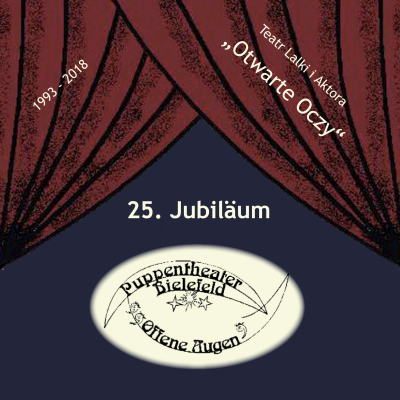

Life journeys and passions.
The remarkable story of Maria Końska-Chmielecki
In the end, the “Offene Augen” puppet theatre was able to boast of an impressive 30-year history in Bielefeld, becoming a well-known cultural institution in the region. One notable feature of the theatre was that the rod puppets were all made by hand, from the first efforts, which may not have been perfect but which were created with loving care, through to professionally produced figures. After nearly 30 years and more than twelve plays, we had over 110 puppets, which took up more than three wardrobes in our home. The Little Prince lay next to the onion, and the elephant next to an old lady. Even on top of the cupboards, there was storage space for planet B612 or the broom owned by Beppo, Momo’s best friend. The theatre’s repertoire included plays and dramatisations such as:
- “Nativity Play” by Maria Końska-Chmielecki
- “The Little Prince” by Antoine de Saint-Exupéry
- “The Little King Macius” by Janusz Korczak
- “Momo” by Michael Ende
- “Baker Sarzyński and his Cockerel” by Maria Końska-Chmielecki
- “Pantomime in the Book of Genesis“ by Maria Końska-Chmielecki
- “The Locomotive” by Julian Tuwim
- “At the Vegetable Stall” by Jan Brzechwa
- “Cobbler Pechdrath” by Janina Porazińska
- “Mockingbird” by Julia Duszyńska
- “The Little Witch Celebrates Christmas” by Lieve Baeten
- “The Tadpole is not made of Card” by Günter Adrian
Our mother always said that the theatre was her third child and that it needed at least just as much attention and time, “since theatre forms people’s personality, teaches them about the aesthetics of beauty, integration into a group and creativity, gives them a sense of conscious movement in three-dimensional space and teaches perseverance and patience. But above all, it should be fun.”
After completing her diploma in psychology at the Catholic University of Lublin (KUL) in Poland, she worked as a psychologist in Kraków. In 1984, our mother moved to Dortmund, where she got married. After the birth of daughter Joanna and son Dominik, the family was complete.
A short time later, the family relocated to Bielefeld, where they became actively involved in the Polish Catholic Mission(Polska Misja Katolicka). The idea of organising Polish lessons for children and teenagers from the Polish community was born out of a desire to pass on Polish traditions to the next generation. Our parents belonged to the co-founders of this project, which was launched in 1991/1992 at the Polish Catholic Mission Bielefeld-Paderborn and is still running successfully today.
After founding the puppet theatre, she took up her role as a psychologist again, working for the Arbeiterwohlfahrt (the Workers’ Welfare Association) and as a freelance teacher at various all-day schools and in the Volkshochschule (adult education centre) in Bielefeld. In 2005, Maria Końska-Chmielecki was awarded the medal from the commission for national education (Medal Komisji Edukacji Narodowej) by the Minister of Education of the Republic of Poland in honour of her cultural and artistic achievements.





















































































